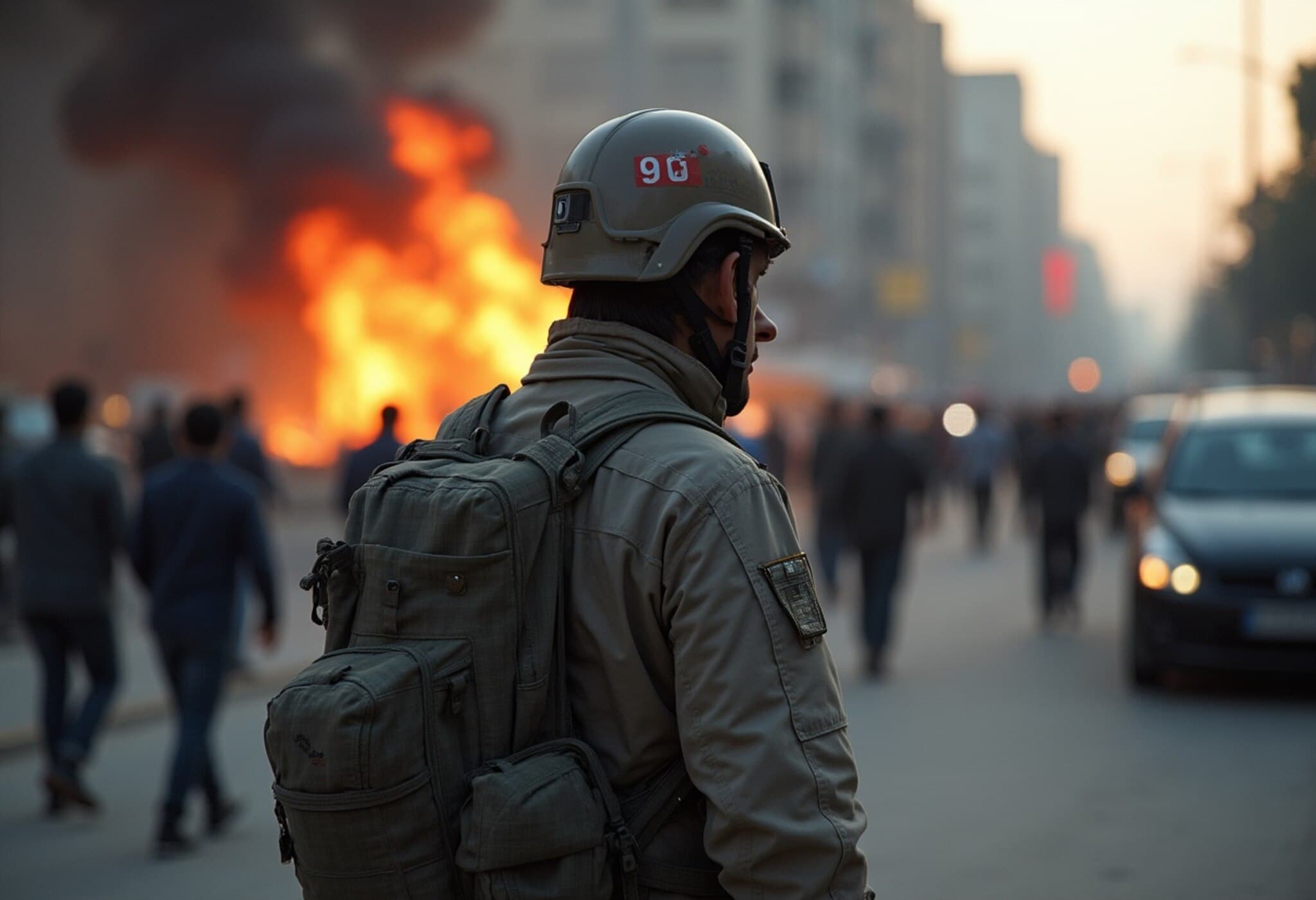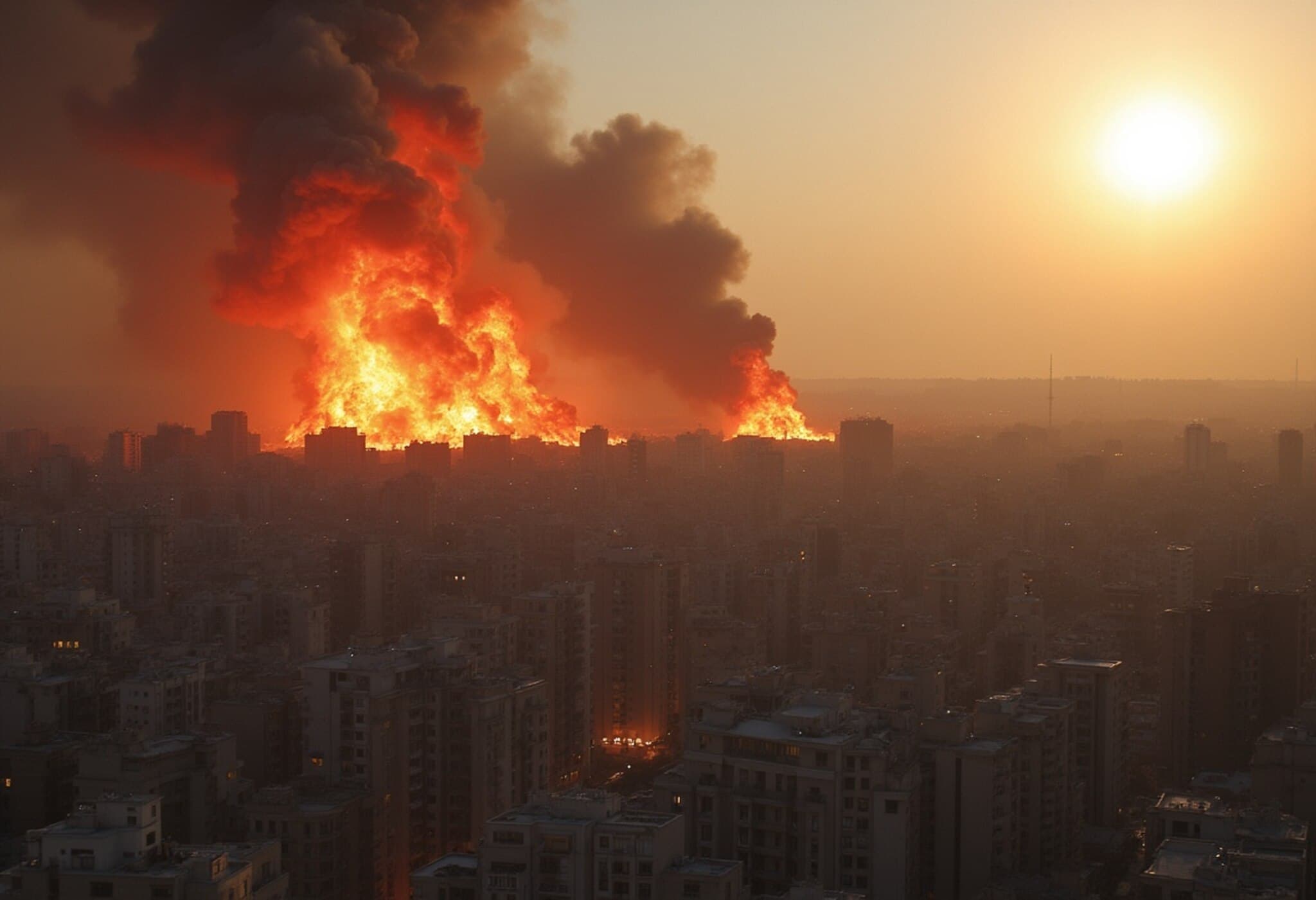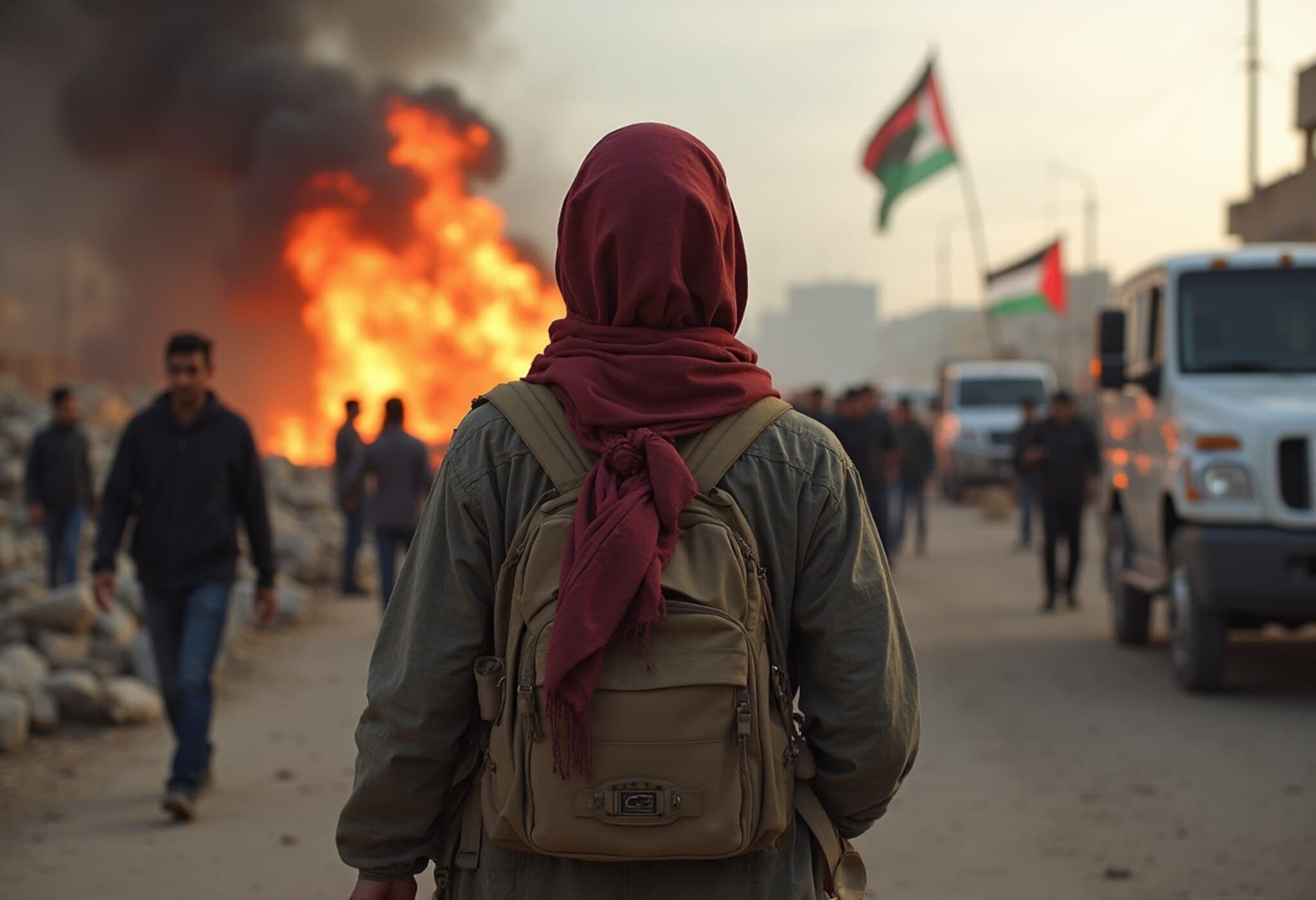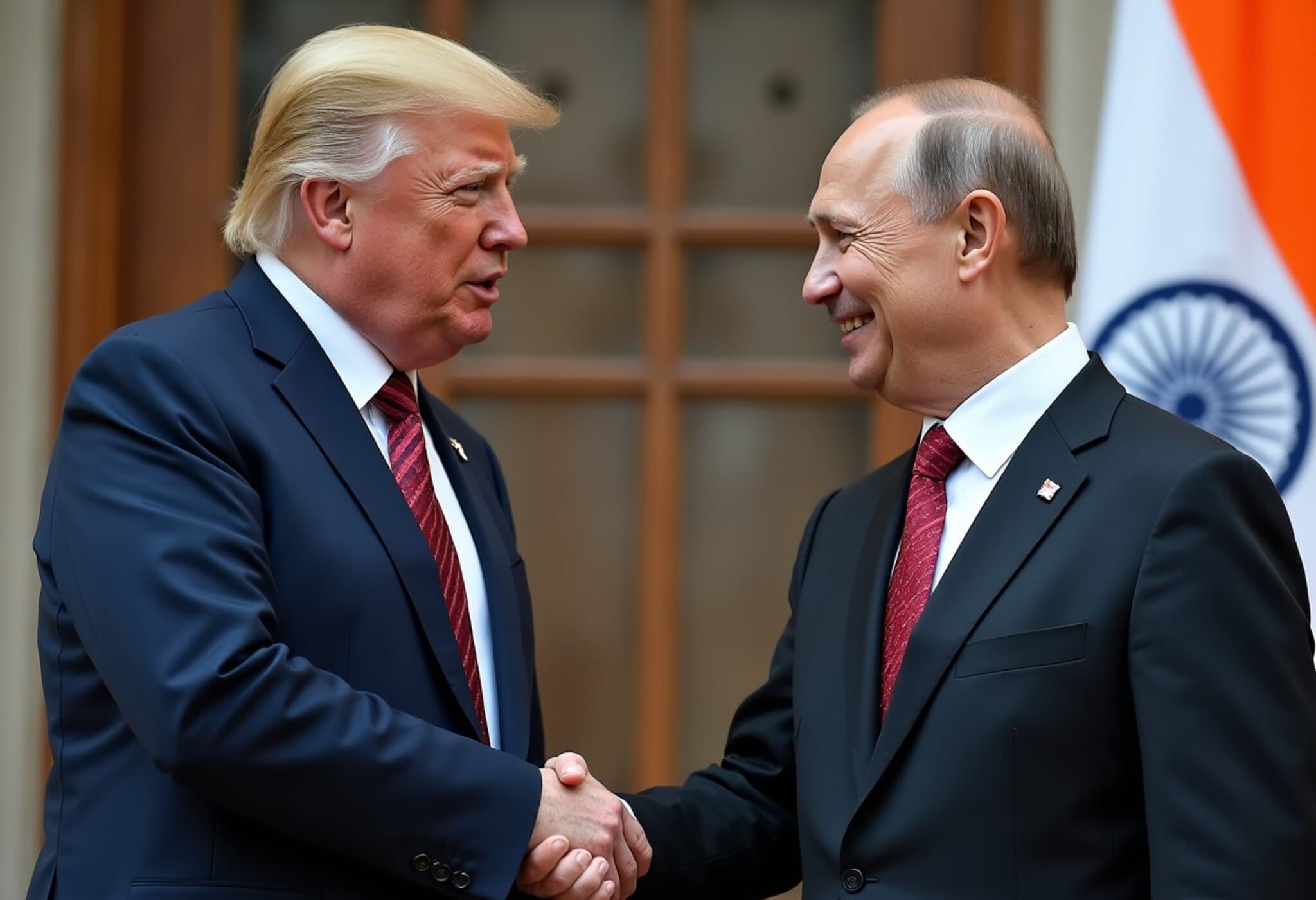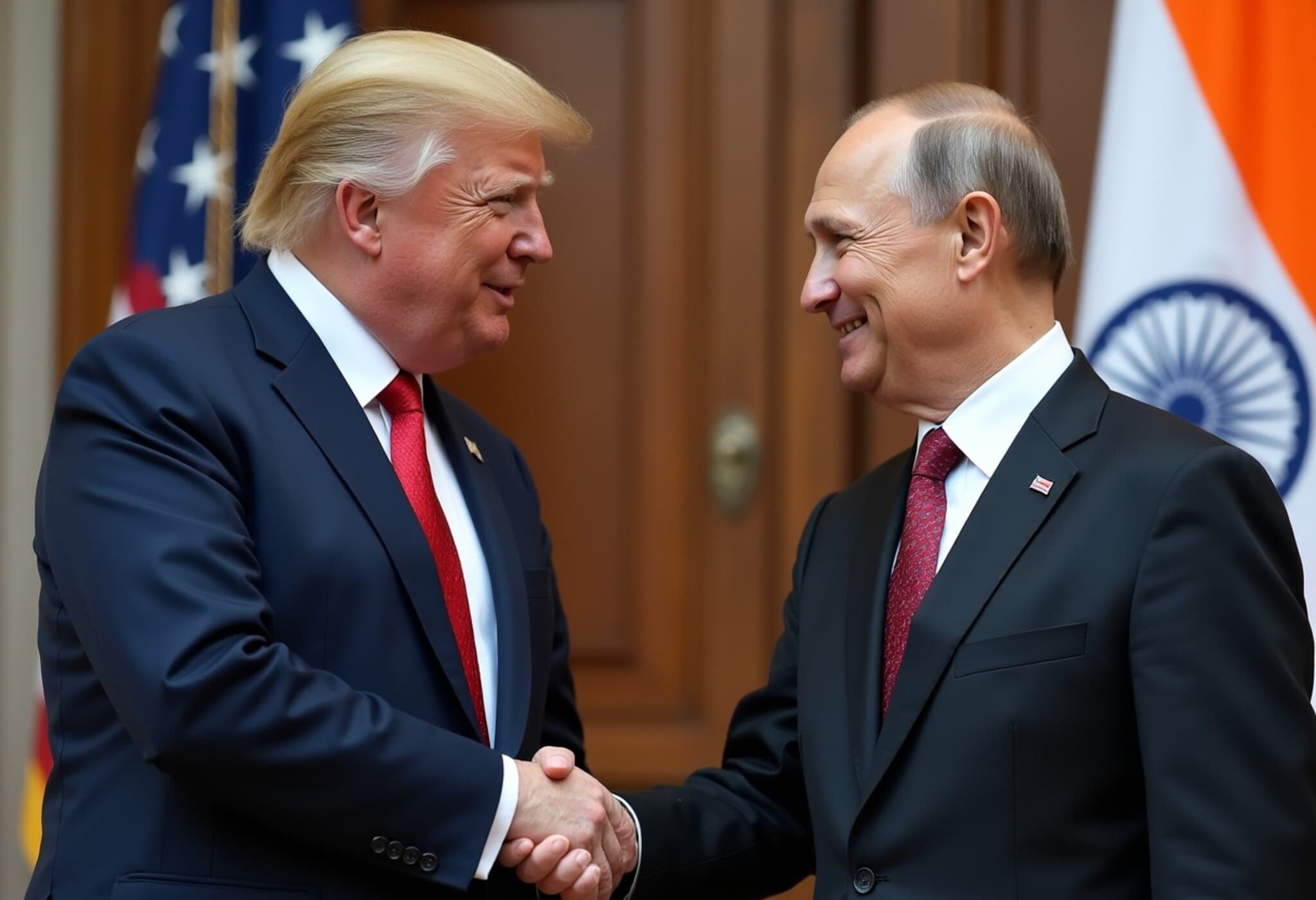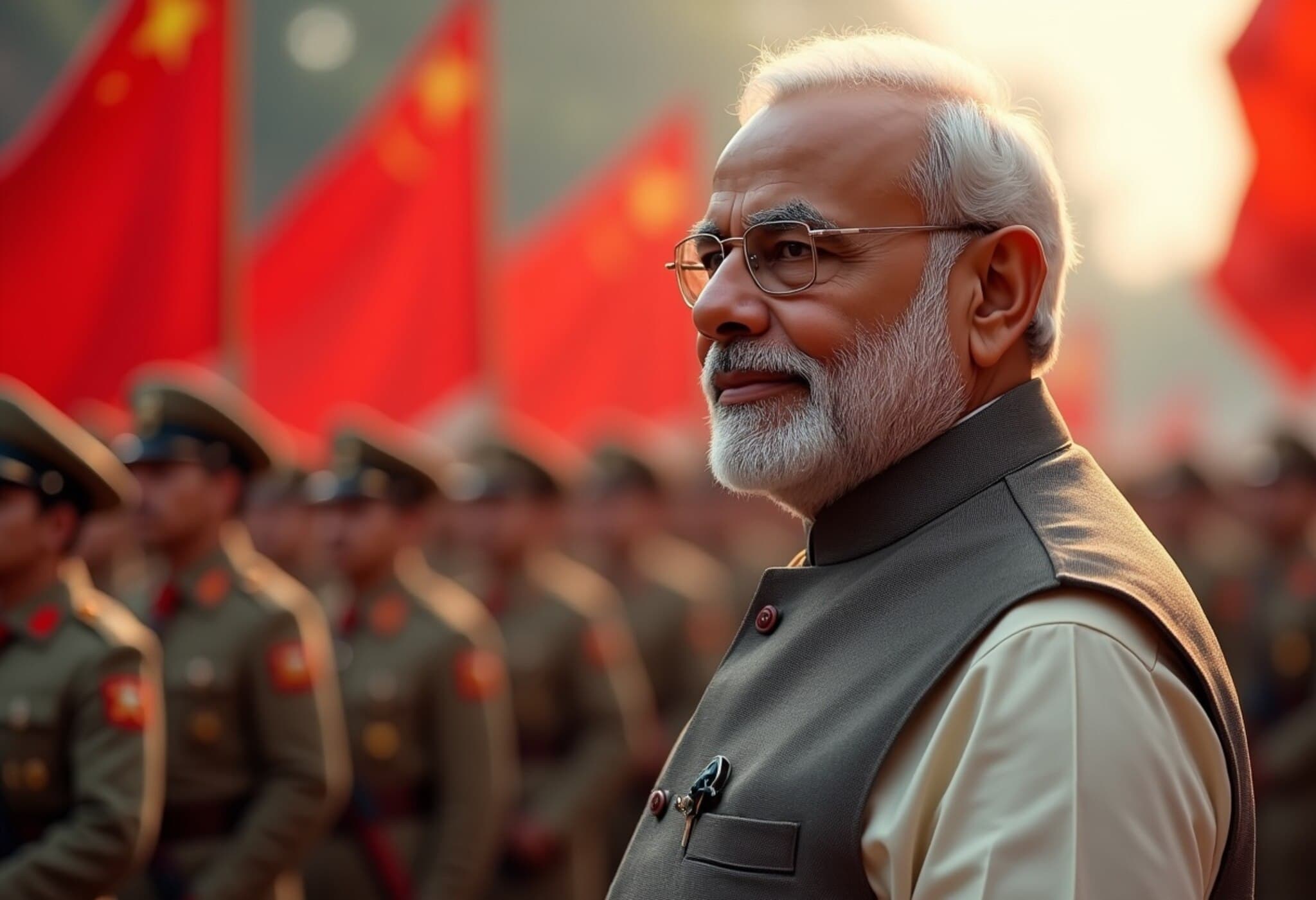India Decries Death of Journalists Amid Gaza Hospital Attack
India has expressed profound shock and regret following the death of five journalists during an Israeli strike on Gaza’s Nasser Hospital on August 26, 2025. The Ministry of External Affairs (MEA) described the incident as "shocking and deeply regrettable" while reaffirming India's stance against civilian casualties in conflict zones.
Details of the Tragic Incident
The hospital strike in Khan Younis claimed at least 20 lives, including notable journalists from major international news agencies. Victims included Mariam Abu Dagga, a freelance reporter for the Associated Press, Mohammed Salama of Al Jazeera, Moaz Abu Taha contributing to Reuters, Ahmed Abu Aziz, and a fifth journalist affiliated with the Middle East Eye. Additionally, a sixth journalist was killed the same day in a separate attack.
The World Health Organization (WHO) reported that four health workers also perished, intensifying concerns about the humanitarian toll.
Context and Eyewitness Accounts
According to Gaza’s civil defense, the strike involved a "double tap" tactic: an initial bombardment followed quickly by a second strike targeting first responders and media personnel rushing to the scene. Graphic footage captured the brutal moment when rescuers and journalists were caught in the subsequent attack.
This terrifying pattern raises pressing questions about the protection of civilians and journalists in conflict zones, highlighting a grim reality seldom seen so starkly until now.
Official Responses and Investigations
MEA Spokesperson Randhir Jaiswal commented on the incident, stating, "The loss of civilian lives is something India has consistently condemned. We are aware that Israeli authorities have launched an investigation." He emphasized India's continued advocacy for peaceful resolution and humanitarian access in Gaza.
Israeli Prime Minister Benjamin Netanyahu described the event as a "tragic mishap" and assured that an official inquiry is ongoing. The Israeli military asserted the strike aimed at a Hamas-operated camera rather than civilians or journalists.
Media Casualties Amid the Gaza Conflict
The attack underscores a disturbing trend: the war in Gaza has become one of the deadliest for journalists globally. Since October 2023, press watchdog organizations report nearly 200 media workers have lost their lives amid ongoing hostilities. Furthermore, Israel's restrictions on independent international media entry into Gaza have limited accountability and transparency in the region.
India’s Evolving Position on the Gaza Conflict
Initially, India expressed strong solidarity with Israel following the Hamas attacks in October 2023. However, New Delhi's stance has since evolved into a more nuanced call for an immediate cessation of violence, the release of hostages, unimpeded humanitarian aid to Gaza, and renewed efforts toward a two-state solution—a diplomatic framework aimed at sustainable peace in the region.
Critical Reflections
- Protection of journalists in conflict zones remains perilously inadequate, underscoring the need for stronger international mechanisms to safeguard press freedom and human life.
- Such incidents expose the challenges of navigating military engagements in densely populated civilian areas where the line between combatants and non-combatants is often blurred.
- The role of media narratives in shaping public perception and policy responses to the Gaza conflict demands careful, unbiased reporting, despite extreme risks faced by frontline journalists.
Editor's Note
The killing of journalists in Gaza not only represents a tragic loss of lives but also threatens the flow of crucial information from the ground. India’s condemnation reflects a broader international concern over civilian protection and media freedom amid war. As investigations proceed, it is imperative to question how global powers and international bodies can strengthen protections for journalists, ensure accountability, and push for diplomatic solutions before more human lives and essential voices are silenced.

